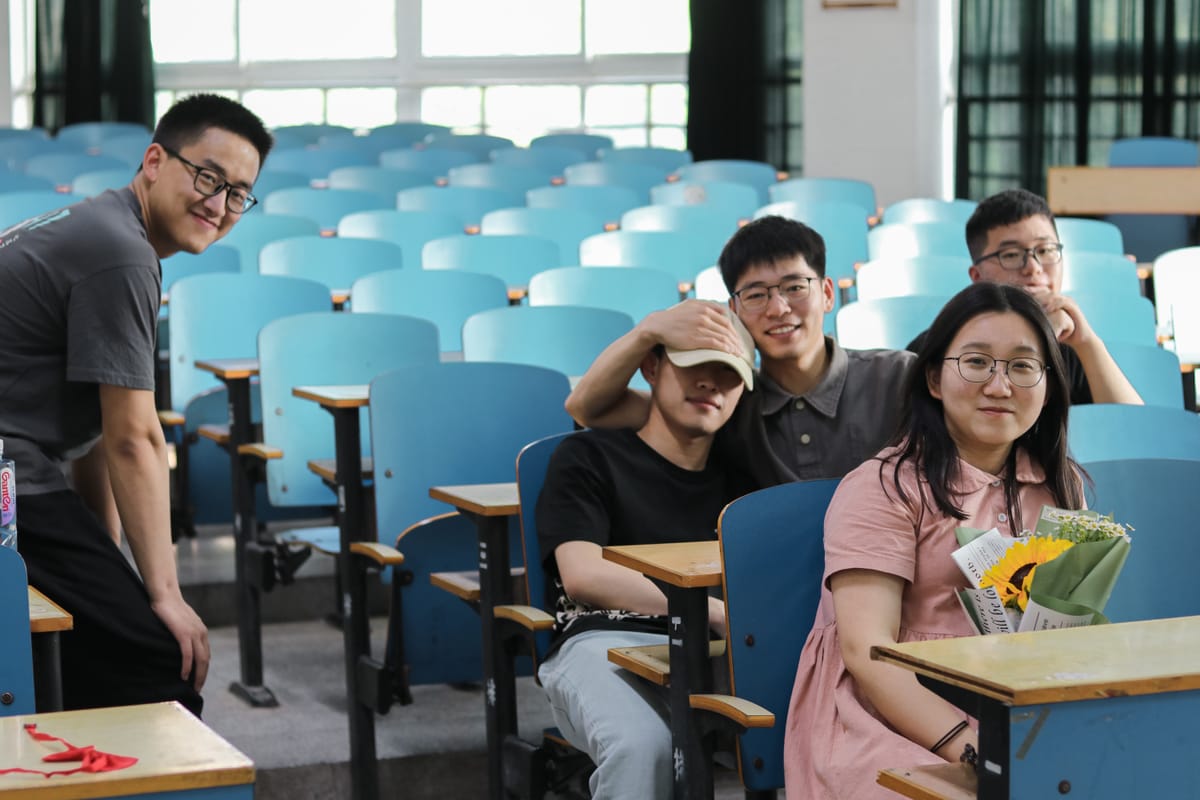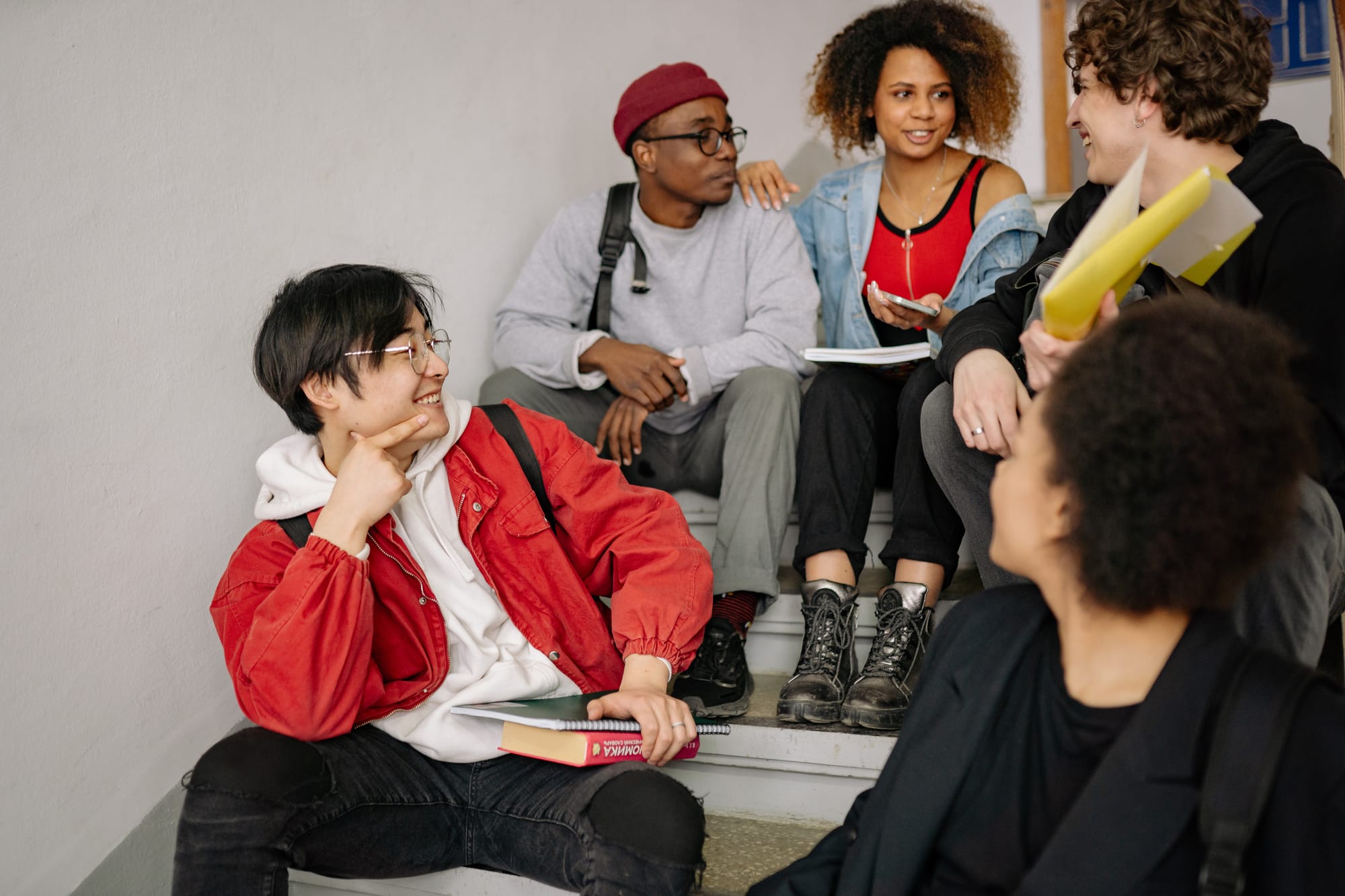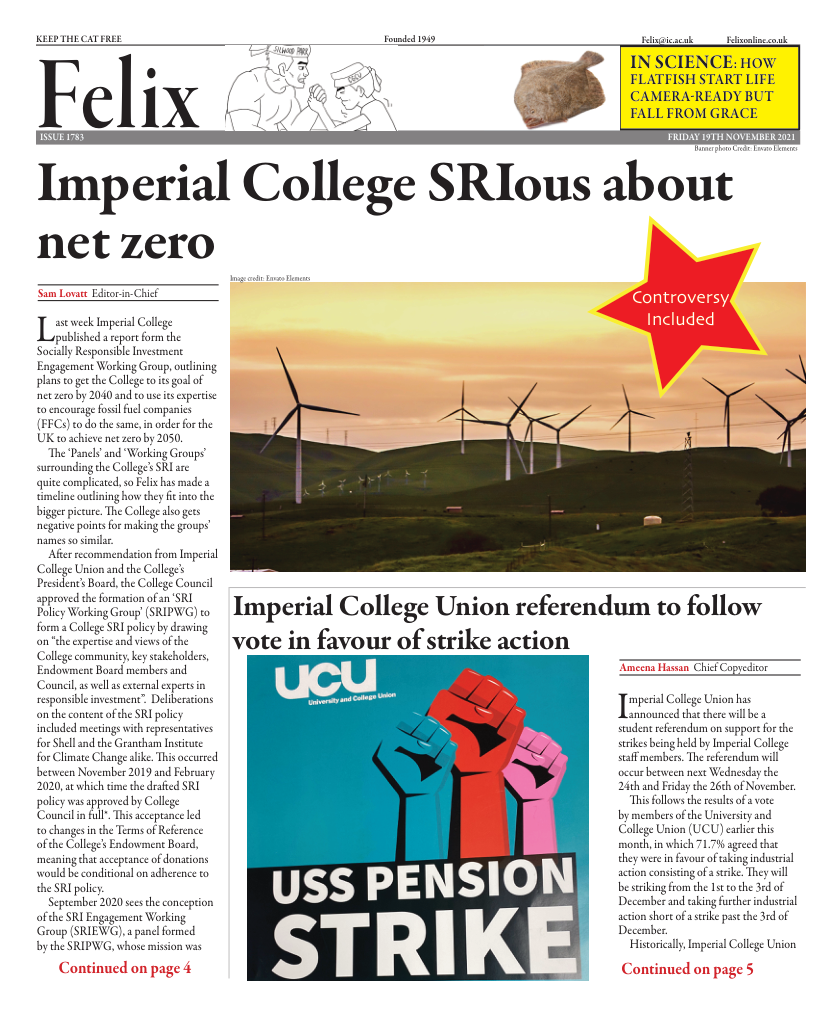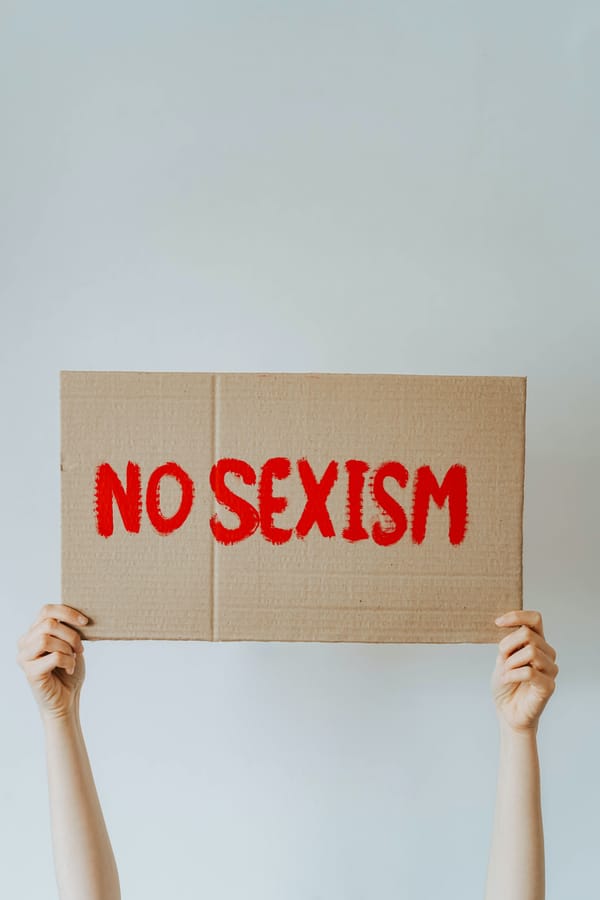My Thoughts on the Spontaneous Community of Compatriots
...and Why Reasons behind its Formation Cannot be Ignored

When I was having lunch in the college canteen and I sent a picture of what I was eating to my parents in China via WeChat, the first reply my mom sent to me was, “Chinese cuisine? So are there many Chinese students on campus?”. After I answered, “Yes there’re some”, she appreciated the abundance of Chinese food as well as the number of Chinese students, and encouraged me to make as many Chinese friends as possible to not become lonely, a ‘considerate’ narrative I invariably attempt to escape from.
As a Chinese who was born and raised in Wuhan for over 20 years, I – like many of my compatriots - was nervous about moving to a remote and unfamiliar western country. I felt inclined to make more interactions with international students from mainland China, chose a flat where large numbers of Chinese would stay, joined all of the overseas WeChat groups I could find, searched travel and Covid-19 restriction tips in the Xiaohongshu app (China’s Instagram equivalent). It was only when I was able to double check everything with my Chinese friends that I felt at ease.
Generations have been explaining and resisting stereotypes, but what if this time, we could escape out of this “stereotype” trap and reflect on the authentic reasons behind it?
However, many people from other countries who speak English as a foreign language seem to prefer living with flatmates of various ethnicities from a range of countries - and tend to adapt well to their new surroundings. This made me ponder why there is a tendency for Chinese people to tacitly form a united and exclusive community of only Chinese, and if there is anything wrong with always drowning in a Chinese-only community in a Western country.
This phenomenon can be carelessly described as a stereotype for Chinese groups – is it because Chinese people are afraid of speaking out? Is it because Chinese people are introverted? Or is it because Chinese culture is simply incompatible with that of its Western counterparts?
No. I don’t think these are valid explanations for a complex Chinese community nor it should be regarded as normal. ‘Stereotype’, is already a cliche narrative that can effortlessly evade the essence of the issue. Quantities of stereotypes can be seen over conversations, TV shows, films, and novels, etc. and further self-reinforced in Chinese people. Generations have been explaining and resisting stereotypes, but what if this time, we could escape out of this “stereotype” trap and reflect on the authentic reasons behind it?
First and foremost, there is an indisputable correlation between the establishment of intimate Chinese communities abroad and language barriers. Sometimes, my foreign friends would be curious and ask, “how did you get to be fluent in English given that you grew up in China for years?”. I was surprised by this question initially, as I know I am not the most proficient English speaker among Chinese people who have a similar background to me, and I also wonder if they ask the same question to European-looking people who speak English as a foreign language.
Numerous Chinese people in Europe are both fluent in English and eager to discover more about their new communities through conversation. But sometimes their failure to speak natural English results in being viewed in an odd light, which only leads to a further loss of confidence about fully integrating into their new environments. A friend told me his imperfect English makes it harder to maintain close relationship with foreigners - he was not bold enough to bother one after the other to explain every word he did not understand in a conversation. It was easier for him to end up not bothering English speakers and to fall back on socialising with Chinese compatriots.

Differences in cultures and political systems between China and other countries, in some cases, are reasons for such solidarity in Chinese groups, but we cannot overlook how the overriding factors of trying to be a model minority and the inability to cope with the awkwardness of language barriers in social settings result in the seemingly Chinese penchant for huddling together.
Like my mom’s perceptions in the beginning, ethnic and national networks morph into unconscious safe zones and inevitably become a key impediment to participating in a diverse culture. I feel the sentiments of many Chinese people who strive to break out of their ethnic communities but are stuck in the natural Chinese huddle. Presumably, these are hidden feelings that few people would express directly but are so critical that they cannot be dismissed with a flippant "it's just a stereotype".
Not just the Chinese community, but many other minorities in the UK might share the same feeling whilst reasons of this struggling have been barely told. I remind myself that such split feelings should never be ignored, and the identity dilemmas should be visible in an explainable way. If all of us, no matter where we are from, can confront the structural reasons behind the ‘stereotype’ of each homogenous group, then enough of us may be able to break through the shackles of identity politics; simply to treat each other with more understanding from a human perspective, and not to use any preconceptions to define any ethnic group anymore.









